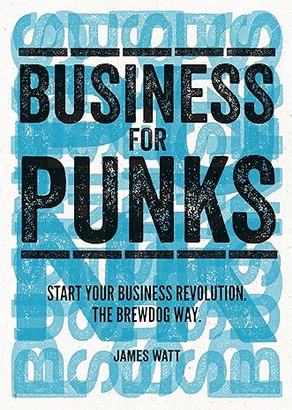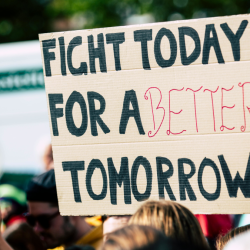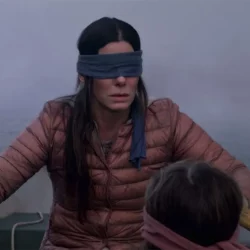As the Global Marketing Officer at Proctor & Gamble from 2001 to 2008, Jim Stengel led the effort to align higher ideals in their brands. In his 2012 book Grow: How Ideals Power Growth and Profit at the World’s Greatest Companies, he claimed that the evidence ‘suggests that over a 10-year period, businesses with clearly defined and consistently executed brand purposes deliver on average 400% better returns to shareholders.’
For him, a purpose was ‘A business’s essential reason for being, the higher-order benefit it brings to the world.’ Many followed and adopted this approach and identified higher-order social purposes for their brands. One of those companies was long-time P&G arch-rival, Unilever. Then CEO, Alan Jope, said publicly that he wanted a social purpose for all the company’s top brands. He wanted Unilever brands to ‘stand for something more important than just making your hair shiny, your skin soft, your clothes whiter or your food tastier.’
Unilever’s results haven’t been all that was expected or desired, with the most recent results 3.8% fall in the third quarter (2023) turnover and sales volumes dropping by 0.6%. Investors, most notably fund manager Terry Smith, criticised the company for this ‘ludicrous’ virtue-signalling. Smith claimed the company had become ‘obsessed with publicly displaying sustainability credentials‘ and had ‘clearly lost the plot.’
Jope left his role as CEO in July and was replaced by Hein Schumacher. Perhaps not surprisingly, when Schumacher recently unveiled his plans for a turnaround aimed at improving performance, he distanced himself from higher-order purposes, saying that giving certain brands a social or environmental purpose ‘simply won’t be relevant or it will be an unwelcome distraction.‘
Is this the end of purpose as we know it? Personally, I think the answer is no.
Purpose is now well ingrained and loved by many in the marketing community
Many will see this as Unilever’s failure but not as proof that brands with higher-order purposes can’t and won’t make outstanding profits. They will point to numerous brands that have done exceptionally well while working to a true higher order purpose.
The second reason is that there are a group of marketers, of which I count myself as one, who felt that having a clearly stated purpose is undoubtedly a good thing, but that the purpose didn’t have to be a higher-order, socially beneficial or sustainably-based one. This was a step too far for some brands.
I have long quoted BrewDog as an example of this. James Watt, in his book Business for Punks said:
‘Businesses fail. Businesses die. Businesses fade into oblivion. Revolutions never die. So start a revolution, not a business. It is no longer enough just to start a business. You need a clear purpose, a mission, a reason for existing. Martin [Dickie — his best friend and business partner] and I did not just start a brewery — we set out on a mission to make other people as passionate about great beer as we are. This promise and premise underpins every single thing we do and acts as a resolute reference point for every single decision we make.‘
Making other people as passionate about great beer as we are is a clear purpose, but it isn’t a high-order one. Indeed it could be argued that any brand that encourages people to drink beer is lower order, but as a north star for a brand it is very strong, a clear raison d’etre. Higher or lower order, what it did do was help increase the orders for craft beers, and BrewDog in particular.
Featured image: Sigmund / Unsplash




































